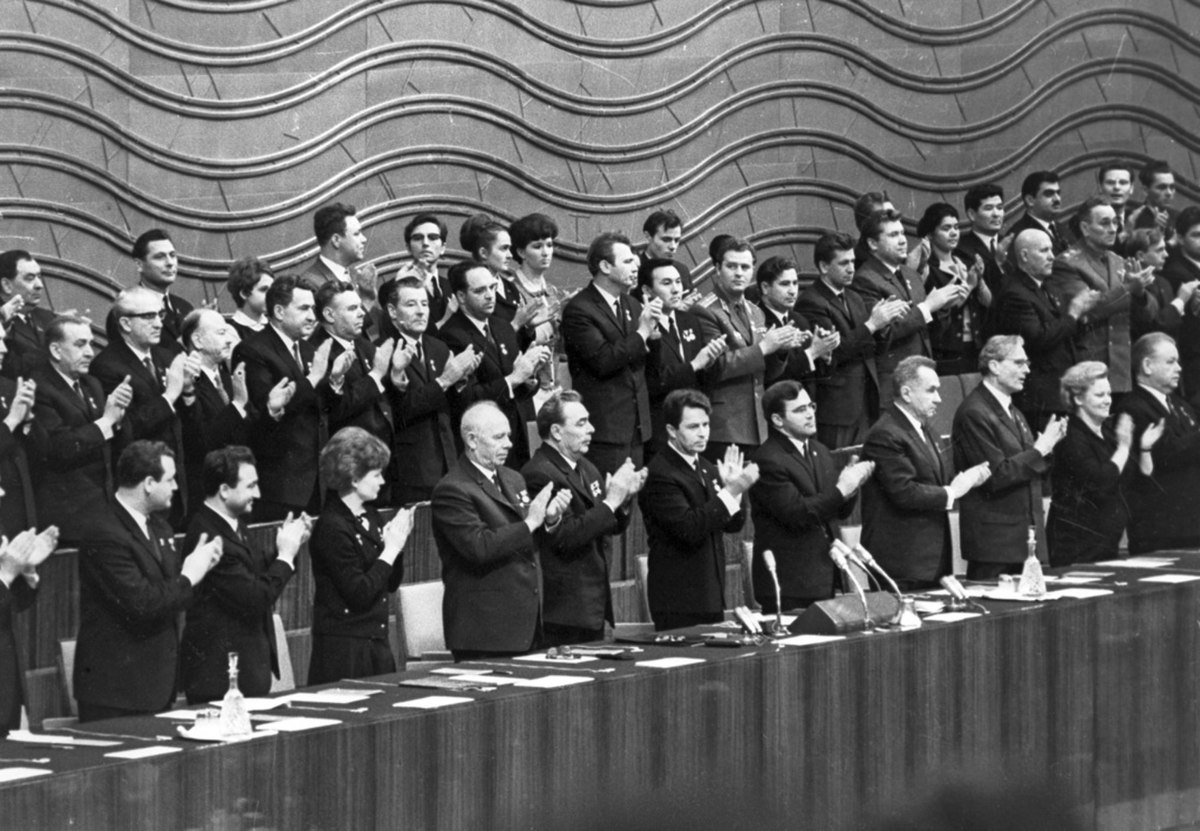
Brezhnev Era
RussiaMost Western observers believed that Khrushchev had become the supreme leader of the Soviet Union by the early 1960s, even if this was far from the truth. The Presidium, which had grown to resent Khrushchev's leadership style and feared Mao Zedong's one-man dominance and the growing cult of personality in the People's Republic of China, began an aggressive campaign against Khrushchev in 1963. This campaign culminated in 1964 with the replacement of Khrushchev in his offices of First Secretary by Leonid Brezhnev and of Chairman of the Council of Ministers by Alexei Kosygin. Brezhnev and Kosygin, along with Mikhail Suslov, Andrei Kirilenko and Anastas Mikoyan (replaced in 1965 by Nikolai Podgorny), were elected to their respective offices to form and lead a functioning collective leadership. One of the reasons for Khrushchev's ousting, as Suslov told him, was his violation of collective leadership. With Khrushchev's removal, collective leadership was again praised by the Soviet media as a return to "Leninist norms of Party life". At the plenum which ousted Khrushchev, the Central Committee forbade any single individual to hold the office of General Secretary and Premier simultaneously.
The leadership was usually referred to as the "Brezhnev–Kosygin" leadership, instead of the collective leadership, by First World medias. At first, there was no clear leader of the collective leadership, and Kosygin was the chief economic administrator, whereas Brezhnev was primarily responsible for the day-to-day management of the party and internal affairs. Kosygin's position was later weakened when he introduced a reform in 1965 that attempted to decentralise the Soviet economy. The reform led to a backlash, with Kosygin losing supporters because many top officials took an increasingly anti-reformist stance due to the Prague Spring of 1968. As the years passed, Brezhnev was given more and more prominence, and by the 1970s he had even created a "Secretariat of the General Secretary" to strengthen his position within the Party.
